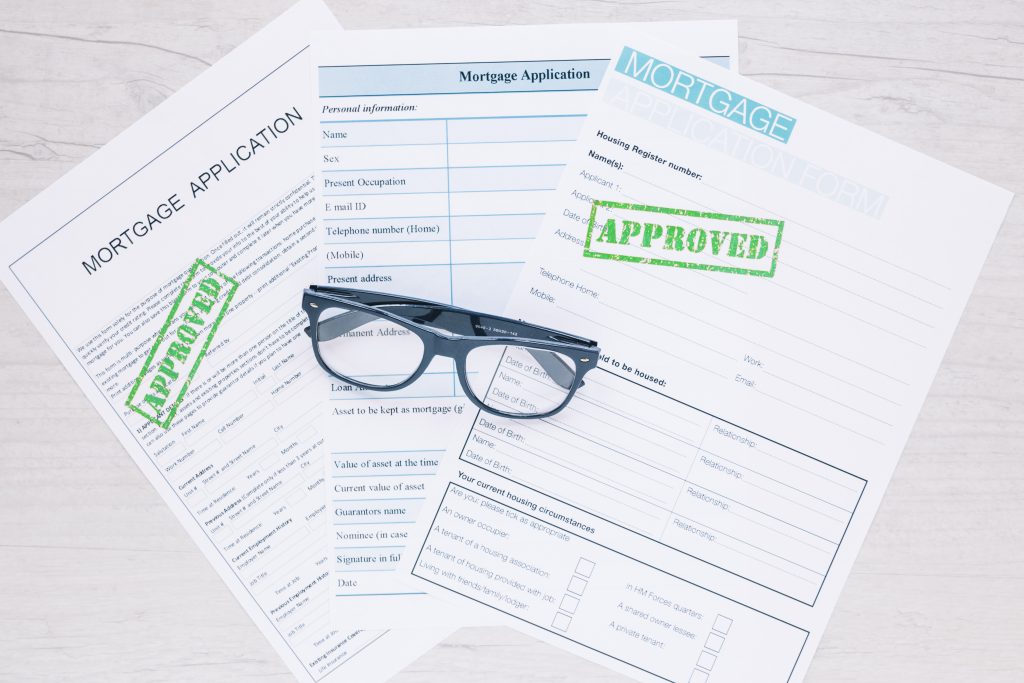
What Is a Mobile Notary—and Why You Might Need One
Life is busy enough without having to find time to track down a notary. That’s where a mobile notary comes in. Instead of you going to them, a mobile notary comes to you—at your home, office, or another convenient location—to make the notarization process simple and stress-free.
A notary’s role is to serve as an impartial witness, helping to prevent fraud and ensure that important documents are signed correctly. Whether you’re finalizing personal, financial, or legal paperwork, a notary makes sure everything is done by the book.

Types of Documents a Notary Can Sign
Mobile notaries handle a wide variety of paperwork, including:
- Real estate documents – deeds, mortgages, loan packages, refinancing, and property transfers.
- Power of attorney forms – allowing someone to act on your behalf in legal or financial matters.
- Wills and trusts – notarizing estate planning documents for future peace of mind.
- Medical directives – ensuring healthcare decisions are documented and valid.
- Business agreements – contracts, partnership documents, and compliance paperwork.
- Personal paperwork – parental consent forms for travel, school forms, and affidavits.
Jurats vs. Acknowledgments—What’s the Difference?
Notaries perform different types of acts depending on the document’s needs:
- Acknowledgment – Used when someone is signing a document willingly (such as a deed or power of attorney). The signer confirms their identity and acknowledges they signed the document on purpose.
- Jurat – Used when someone is swearing or affirming that the contents of a document are true (such as affidavits or sworn statements). The signer must take an oath in front of the notary.
Your mobile notary knows which one applies and will guide you through the correct process.
Why Choose a Mobile Notary?
Instead of rearranging your day to sit in an office or stand in line at a bank, a mobile notary meets you where you are. It’s the fastest, most convenient way to get your documents notarized—saving you time, stress, and hassle.
Frequently Asked Questions
Do I need to bring witnesses for notarization?
Some documents, such as wills, may require witnesses. Your notary can advise you ahead of time if they’re needed.
Can a mobile notary come to hospitals or care facilities?
Yes—mobile notaries often meet clients in hospitals, nursing homes, and other care settings to help with urgent documents like medical directives or powers of attorney.
What identification do I need?
You’ll need a valid, government-issued photo ID such as a driver’s license, passport, or state ID card.
Can you notarize for someone who isn’t present?
No. The signer must appear in person before the notary to verify identity and sign the document.
Ready to Get Started?
Whether it’s personal, business, or legal paperwork, a mobile notary makes it easy to get the job done right—without the hassle.
📞 Contact me today and I’ll come to you, wherever and whenever you need notarization.
[webbabooking]
